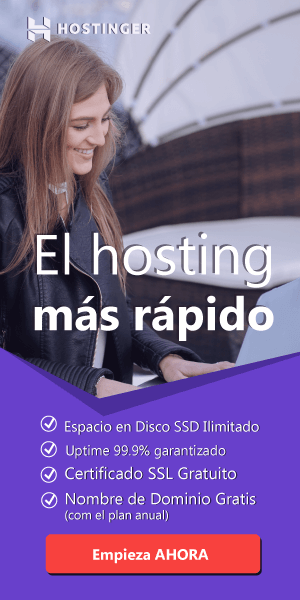You see a lot of acquisitions come down the pike when you cover enterprise software. Many are pedestrian for the most part, even if they involve large sums of money, but today’s news that OpenText is buying Micro Focus for a total value of $6 billion feels a bit different.
Micro Focus, a British company, built much of its business buying legacy software companies like Borland, Novell and Cobol-IT. Its highest-profile deal was an $8.8 billion agreement in 2016 to partner with HPE on part of its enterprise software portfolio.
Aside from some of the pieces in the HPE portfolio, like the infamous Autonomy deal, most of Micro Focus’ catalog doesn’t align in a direct way with OpenText’s content management roots. That’s because it appears to be a big deal about getting bigger rather than direct synergy with the acquiring company.
“Like a shark that needs to keep swimming, OpenText needs to keep acquiring, since their legacy platforms are all in long, slow decline as licensees eventually exit for more modern platforms.” Tony Byrne, founder, Real Story Group
As for the terms of the acquisition, the total enterprise value of the deal is around $6 billion (£5.1 billion), with an equity value of around $2.1 billion (£1.8 billion). The companies calculated that the per-share price offered, some 532 pence, represents a 98.3% premium to the closing price of Micro Focus before the deal was announced.
Micro Focus, which is neither micro nor focused, has run into hard times in recent years, with declining revenue every year since 2018. Further, its stock price has dropped over 44% this year and more than 89% for the prior five years. This morning, it traded at just $3.15 per share on U.S. markets, leaving it vulnerable to a takeover.
The company dates back to 1976, and over the years has changed its name, changed it back and acquired a slew of companies. Since 1998, it has made a total of 15 transactions, according to Crunchbase, many of the legacy variety. The most recent transaction was ATAR Labs, a security company acquired in 2020 for $15 million.
The deal feels strange because it combines two companies for a lot of money that don’t have a ton of crossover. Do the potential financial gains make it worth the gamble? OpenText thinks so.



No comments: